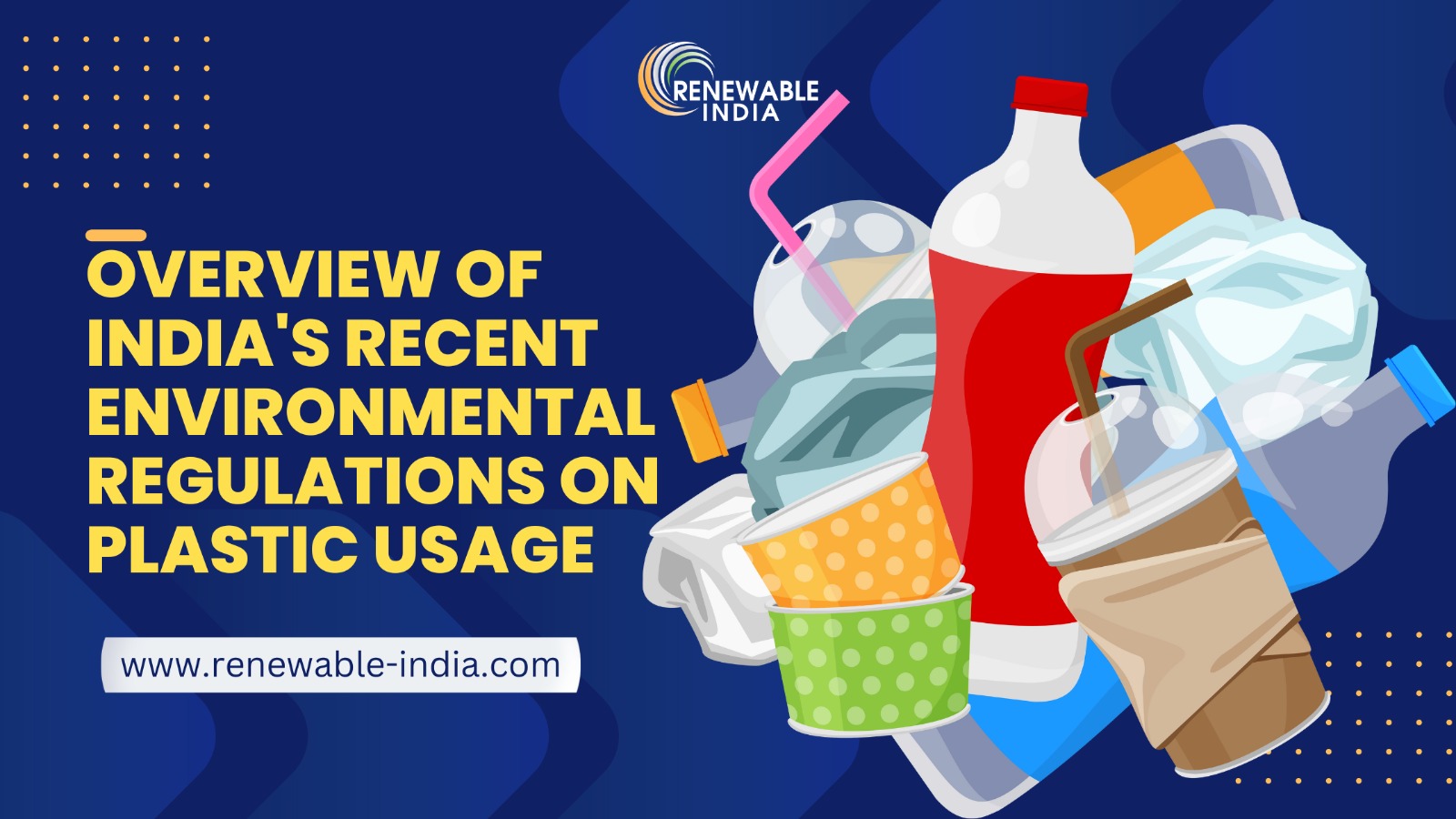
In a world grappling with the consequences of plastic pollution, India is taking bold steps to address the burgeoning crisis. The recent introduction of stringent rules by the Environment Ministry is a testament to the nation’s commitment to curb the proliferation of disposable plastic ware and promote sustainable alternatives.
One of the key provisions of these rules is the crackdown on misleading labeling of plastic products as ‘biodegradable.’ Under the new regulations, biodegradable plastics must not leave any microplastics behind—a significant step towards ensuring that purportedly eco-friendly alternatives truly live up to their claims.
Offering hope for a cleaner and greener future, biodegradable and compostable plastics emerge as promising solutions to India’s epidemic of plastic waste. Biodegradable plastics are treated to speed up the natural breakdown process, but no conclusive testing is done to determine full degradation. However, the breakdown of compostable plastics necessitates specialized facilities, underscoring the necessity of a strong waste management infrastructure.
The emphasis on eliminating microplastics marks a pivotal shift in India’s approach to plastic waste management. By defining biodegradable plastics as those devoid of microplastics, the amended rules set a higher standard for environmental accountability. However, challenges persist in determining the appropriate testing methodologies and thresholds for microplastic content.
Mr. Sunil Panwar, CEO of Symphony Environmental India, underscores the need for clarity in standards governing microplastics in his recent statement. He advocates for fairness in testing protocols, urging inclusivity for both compostable and biodegradable plastics. As the industry evolves, establishing comprehensive standards is crucial to fostering innovation and ensuring regulatory compliance.
Microplastics, characterized by their minute size and insolubility in water, pose a significant threat to aquatic ecosystems. As a major source of pollution in rivers and oceans, addressing microplastic contamination is imperative for safeguarding environmental health and biodiversity.
India’s efforts to promote biodegradable plastics gain momentum against the backdrop of a ban on single-use plastics. The government’s decision to endorse eco-friendly alternatives reflects a proactive stance towards sustainable development. However, ambiguity surrounding the definition of biodegradability has posed challenges for manufacturers seeking certification.
The strict standards that the Central Pollution Control Board uses to award provisional certificates highlight the necessity of having clear regulatory frameworks. It is admirable that strict standards are being upheld, but in order to encourage the adoption of sustainable practices, certification procedures must be streamlined.
There are challenges as well as opportunities in the quest for sustainable plastic substitutes. In order to bring about significant change, legislators, business stakeholders, and environmental advocates must work together. India can take the lead in reducing plastic pollution by encouraging innovation, increasing transparency, and adopting responsible consumption practices.
(i) Environmental Preservation: Stricter rules minimize microplastic release, safeguarding ecosystems.
(ii) Promoting Sustainability: Encourages adoption of eco-friendly alternatives, fostering sustainable practices.
(iii) Waste Reduction: Biodegradable and compostable plastics decrease reliance on non-renewable resources, reducing plastic waste.
(iv) Public Health: Limits microplastic exposure, enhancing public health and well-being.
(v) Driving Innovation: Spurs technological advancements in eco-friendly materials and recycling technologies.
(vi) Global Leadership: Positions India as a leader in the global fight against plastic pollution.
(vii) Economic Opportunities: Creates jobs and economic growth in sustainable manufacturing and waste management sectors.
India’s commitment to promoting biodegradable plastics and mitigating microplastic contamination reflects a proactive approach towards environmental stewardship. While challenges persist, the nation’s strides towards sustainability offer hope for a brighter and cleaner future.
Ukhi India: Pioneering Sustainable Solutions to Plastic Pollution
Leave a Reply